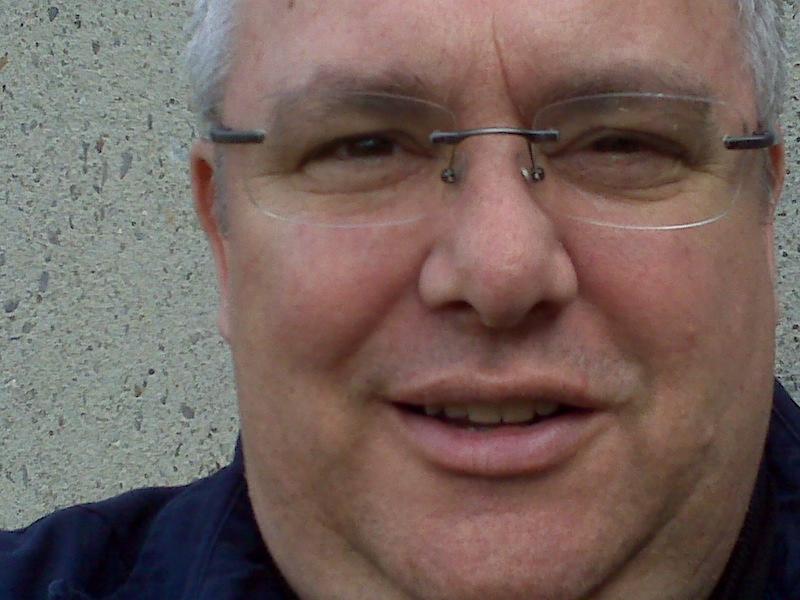At
Coast Hills Church this Sunday, the Board of Elders made a heartfelt apology for the way they mistreated their ex-pastor Ken Baugh. As you may remember, an earlier incarnation of this elder board abruptly fired Baugh in November 2014. Baugh is a protégé of Rick Warren and, undoubtedly, one of the brightest and most gifted leaders in the Christian church
today.
 |
Ken and Susan Baugh received an apology from the Coast
Hills elder board on Sunday, August 28, 2016. |
The backstory is that while Baugh was working on his doctoral dissertation at Talbot School of Theology he ran into some of the roadblocks that impact a large percentage of us who take on the extremely difficult effort to earn a Ph.D. The extraordinary challenges faced by graduate students is evident in studies which show only about of third of those who start doctoral degrees ever finish them. This disappointing statistic is due, in large measure, to the callousness of dissertation committees, inadequate mentorship, and a lack of knowledge regarding the daily habits and organizational skills needed to complete a Ph.D. dissertation.
Instead of coming along side Baugh and helping him complete an effort which would bring positive attention to both Baugh and
Coast Hills Church, the elders abruptly dismissed him in a manner I previously described as a
train wreck. Although the church elders sought to discourage public criticism of their decision as inconsistent with Christian virtue, I do not think any reasonable person believed they handled this delicate matter in a way that honored either Christ or common sense.
The elder's mistake left us with a diminished church, the loss of Saturday services, unstable leadership and a host of folks who shook their heads and decided it was best to worship somewhere else. They also caused immeasurable suffering for Baugh and his family including all the requisite feelings of anger, resentment, fear and humiliation. Thankfully, a new elder board has seen fit to launch a healing effort.
Trish and I attended today's Sunday 11:00 a.m. service and witnessed a tearful, heartfelt apology to Ken Baugh and his wife Susan.
It was offered on behalf of the elder board by Matt Kern. With remarkable humility, Kern acknowledged in considerable detail the mistakes made by the elders, their mistreatment of Baugh, and even a broken promise he had made to Susan herself. In a touching moment, Kern even apologized for the manner in which Susan's story had been neglected during the past two years. She got an moving standing ovation from an unusually crowded church auditorium.
I expect that today's service will be remembered as a healing event which will provide a good example of Christian reconciliation. While I have never seen (or heard of) a church apologizing to their ex-pastor, I'm confident that the Christian tradition of reconciliation is not unusual at all.
The church arose after the brutal, unjust and illegal mistreatment of a man of God. Going back to St. Paul, the church's abiding strength has always been its ability to survive such moments without elders decapitating dissident followers or enraged followers decapitating irresponsible elders. Instead, Christians hug, hold hands, and shrug off our mistakes as the natural results of living in a dysfunctional family in a fallen world.
As Baugh pointed out, a 100 years from now we will all be dead and all of this will all be forgiven -- even the mistakes for which Baugh accepted responsibility.
Meanwhile, Baugh has gone on to bigger and better things. He is the founder and CEO of
The Institute for Discipleship Training. He has also been honored with a new role, working with Rick Warren, to provide training to pastors from all over the world. This is a part-time position which will give church leaders around the world with access to his insight while giving Baugh the time and space he needs to complete his doctoral dissertation. This compassionate arrangement will be my lasting memory of God's grace regarding this unfortunate situation.
I had a brief opportunity to thank with Rick Warren for his efforts to protect Baugh during the worst moments of this debacle. "I've loved him," said Warren, "even before he was born."










